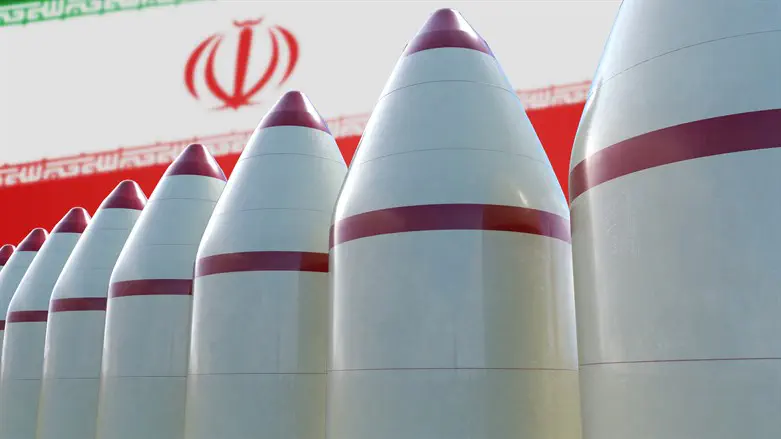
Iranian Foreign Ministry spokesman Nasser Kanaani on Monday rejected the US government's latest report on Iran’s nuclear program, the Xinhua news agency reported.
The US Department of Defense’s 2023 Strategy for Countering Weapons of Mass Destruction report determined that Iran is not pursuing nuclear weapons at this time, but has the infrastructure in place and the know-how to make a nuclear weapon in less than two weeks.
The report also determined that Iran is noncompliant with its Chemical Weapons Convention obligations and has not submitted a complete chemical weapons production facility declaration to comply with CWC processes.
"These are baseless claims. Iran is a committed signatory to the Non-Proliferation Treaty and has signed the comprehensive safeguards agreement with the International Atomic Energy Agency and is implementing it," Kanaani said at a press conference in Tehran on Monday, according to Xinhua.
Kanaani stressed that Iran has repeatedly announced that nuclear weapons have no place in its military and defense doctrine and his country is opposed to any use of such weapons.
He claimed that Iran was the biggest victim of chemical weapons, particularly in the Iraq-Iran War from 1980 to 1988.
Kanaani said the US government fails to have any legitimacy to assess countries' commitment in this regard.
In August, it was reported that Iran has significantly slowed the pace at which it is accumulating near-weapons-grade enriched uranium and has diluted some of its stockpile. The International Atomic Energy Agency (IAEA) confirmed those assessments in a report published last month.
In February, CIA Director William Burns acknowledged that Iran has advanced in its uranium enrichment, but also said there's no evidence it decided to resume its weaponization program.
Iran recently caused an uproar among Western nations after it decided to ban several IAEA inspectors from the country.
The IAEA was responsible for verifying Iran's compliance with the 2015 Iran nuclear deal, under which Tehran curbed its nuclear program in return for the easing of US, European Union and UN sanctions.
In 2018, then-US President Donald Trump withdrew from the agreement and reimposed sanctions on Tehran.
Iran responded to Trump’s withdrawal from the 2015 nuclear deal by scaling back its compliance with the agreement.
The Biden administration sought to return to the deal and held indirect talks with Iran on a return to compliance, but the negotiations reached a stalemate last September, after Iran submitted a response to a European Union proposal to revive the deal.
A US official later said that the efforts to revive the 2015 Iran nuclear deal have “hit a wall” because of Iran's insistence on the closure of the UN nuclear watchdog's investigations.
Last week, US State Department spokesman Matthew Miller said Iran must take "de-escalatory" steps on its nuclear program if it wants to make space for diplomacy with the United States.

